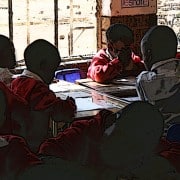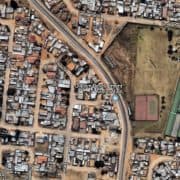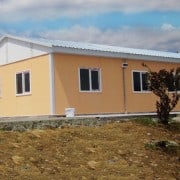|
Getting your Trinity Audio player ready...
|
Bribery and the abuse of power and resources is a disturbing catalyst for creating an environment where crime and corruption can flourish. In Corruption Watch’s latest statistics on the Western Cape, the primary forms of corruption are bribery, irregularities in procurement and employment, embezzlement of funds, and theft of resources. Data was gathered from reports of corruption sent to us by the public between 2012 and 2018.
Corruption in schools continues to be an area with the highest number of reports of corruption, both in the Western Cape and on a national level. Many reports point to collusion between principals and school officials or SGB members, resulting in the theft of school funds and the enrichment of a few, at the expense of the wellbeing of learners.
The housing, or human settlements, sector also accounts for a number of reports – no surprise given the pressing need for affordable accommodation for our citizens, as well as a viable land reform programme. Irregularities in procurement and bribery at the municipal level also feature in the current analysis, exposing the practice of companies giving kickbacks to municipal officials in order to win tenders.
Other sectors include health services, policing, licensing and immigration. Corruption in these sectors hampers the delivery of essential and basic services to communities that depend upon them, with far-reaching consequences.
In the past people in the Western Cape may have been reluctant to report corruption, in the face of lack of visible leadership or willingness to address the abuse of resources that directly impacts their lives and their access to services.
Corruption Watch is currently in the province to listen to the most pressing concerns of communities, with the aim of empowering individuals to raise their voices against corruption.
Kindly see programme of events and infographic.
For media queries, please contact:
Phemelo Khaas: 083 763 3472 PhemeloK@corruptionwatch.org.za







